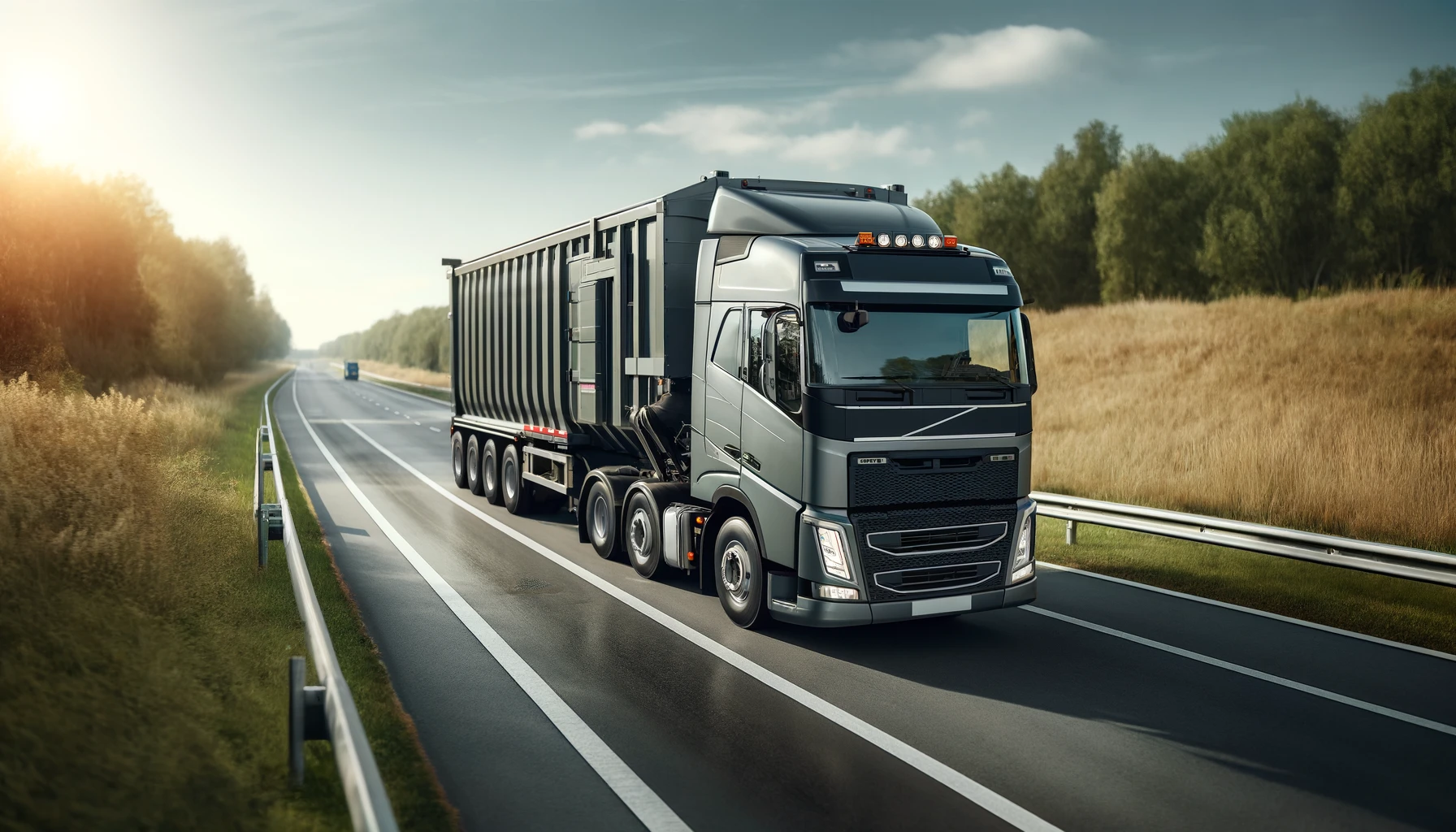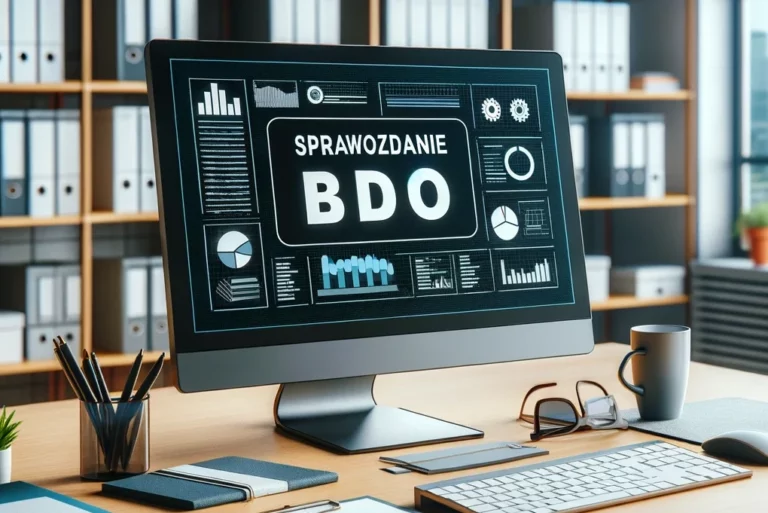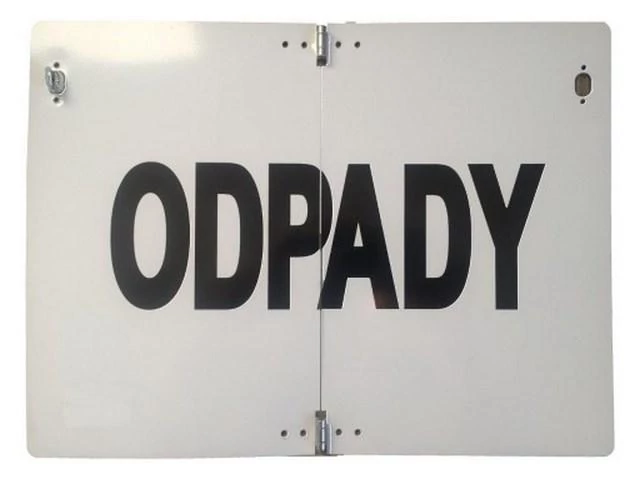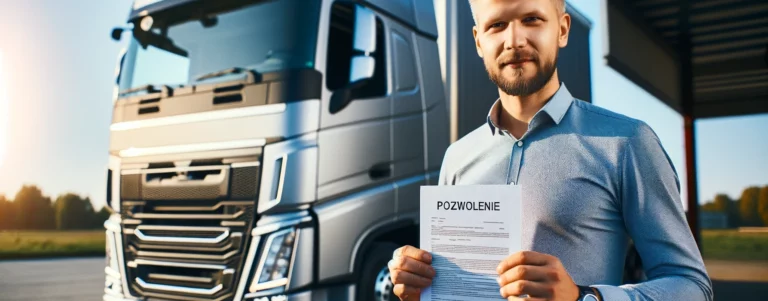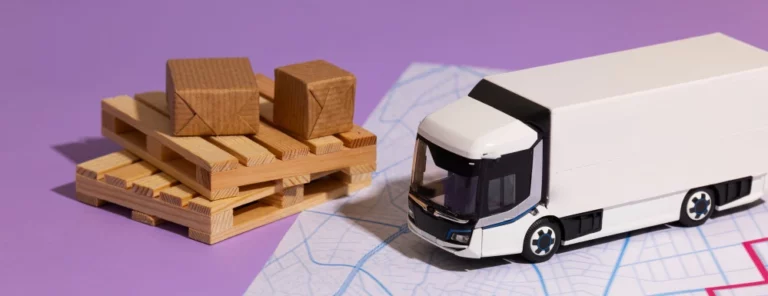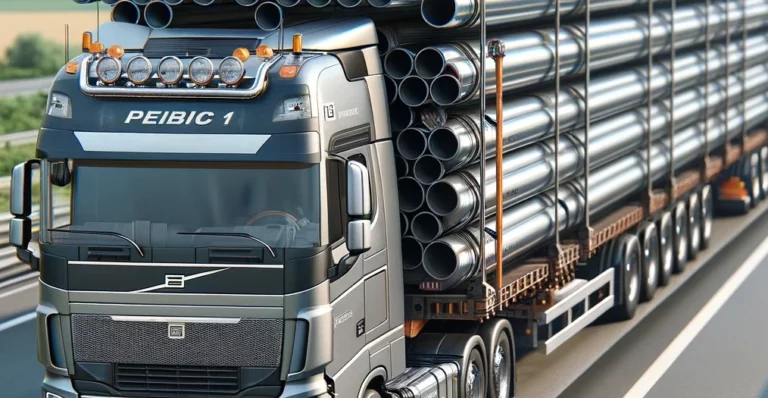BDO waste transport permit
The transport of waste in Poland is subject to authorisation. Hauliers must be registered in the BDO register, which was set up to facilitate the monitoring of waste flows across the country. Find out how to obtain a BDO permit in order to legally carry out waste transports.
BDO - history
Origins of the BDO register
The Waste Data Base (BDO) was created by the Waste Lawsadopted by the Polish Parliament on 14 December 2012. The system was introduced to improve monitoring of the flow of waste in Poland and increase transparency of waste management activities. Every company that generates, processes, recovers, neutralises or transports waste must register with BDO and report its activities on an ongoing basis. This allows the state to control the waste industry more effectively, preventing illegal practices and safeguarding the environment.
Contact for BDO authorisation:
e.nadolna@ekologistyka24.pl , +48 881 045 376
j.blazewicz@ekologistyka24.pl , +48 500 867 153
(R)evolution of BDO
The waste industry has changed over the years. In response to these changes, the BDO system has also been transformed. In order to best meet the needs of the users and to enable them to fulfil their duties without hindrance. It all started back in 2018 with its launch. It was then that the waste transport permits issued by the district governors expired. After 24 January 2018, only the BDO waste transport permit was valid. Another important change took place in 2020. At that time, it was decided that the waste records previously kept in the hybrid system would already run exclusively in electronic mode.
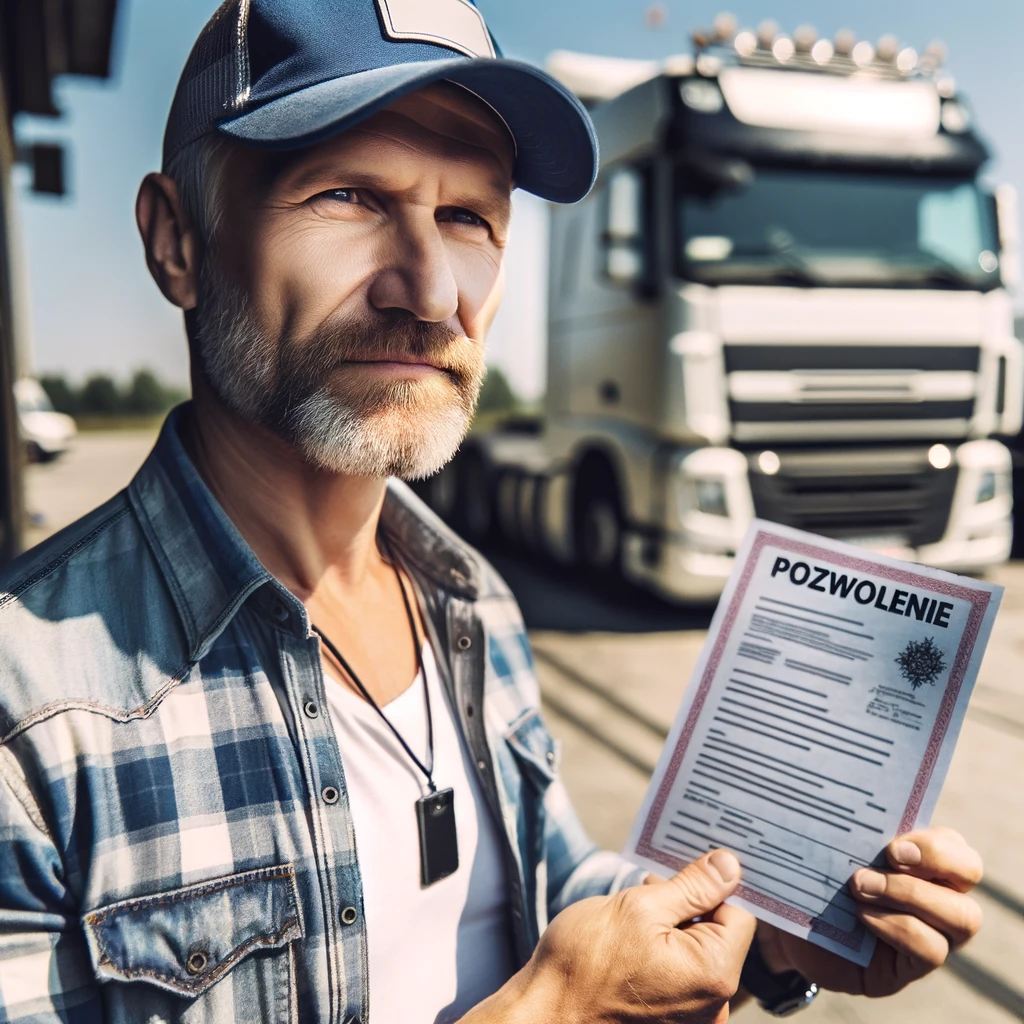
BDO and waste transport
Who needs to register?
Entrepreneurs engaged in the following activities are subject to registration with BDO.
- Waste production - any activity that generates waste, regardless of the sector, including industrial production, services, etc.
- Waste treatment - activities involving the mechanical, thermal, chemical or biological treatment of waste.
- Waste recovery - processes to recover raw materials or energy from waste, including recycling, composting, biodegradation, incineration with energy recovery.
- Waste disposal - activities involving the permanent disposal of waste, such as landfilling, incineration without energy recovery, chemical neutralisation.
- Waste collection - activities related to the collection of waste from the generator, its separation and preparation for further treatment or disposal.
- Waste transport - the transportation of waste from the place of generation to sites of treatment, recovery or disposal.
- Waste trade - the activity of buying and selling waste, often involving brokering between different entities.
- Waste management brokerage - activities that organise waste management processes without physical possession of the waste.
- Operation of waste collection points - activities related to running sites where consumers can give away specific types of waste, e.g. electronics, chemicals.
- Placing packaged products on the Polish market - manufacturers or authorised representatives who sell packaged products in Poland
- Importing cars from abroad - trading in vehicles from abroad, bringing them into Poland for resale or, if their condition does not allow it, for disposal
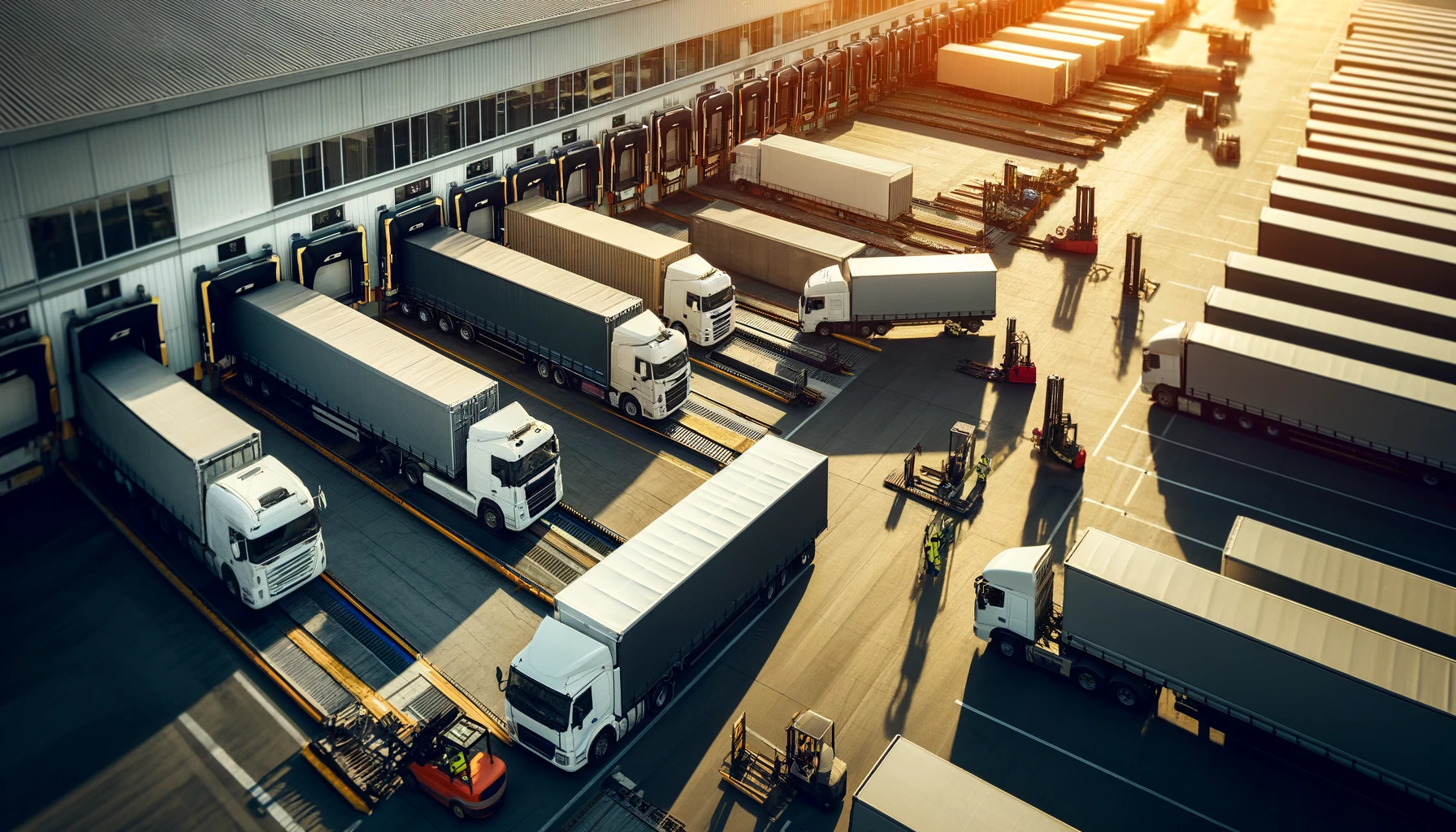
BDO permit for waste transport - carrier's obligations
Once registered in the Waste Database, haulage companies are required to report each waste shipment accurately and regularly. They must draw up and update documents such as waste transfer notes. These contain information about the type, quantity and origin of the waste transported, as well as where it was delivered. They are also crucial for tracking the flow of waste and must be available for inspection by the relevant control authorities upon request.
In addition, hauliers must ensure that all vehicles used to transport waste are appropriately labelled and meet technical requirements. These markings should contain information that enables a vehicle to be quickly identified as transporting waste, which is important for roadside inspections and for ensuring road safety.
Every waste carrier must also ensure that training of its staff on the applicable waste transport regulations. Employees should know how to handle waste correctly, how to secure it during transport and what to do in the event of an accident or other traffic incident.
Adherence to these rules not only ensures compliance with the law and the avoidance of penalties, but also contributes to protecting the environment and improving public safety.
Permits for waste shipments in Europe
While the issue of the BDO permit in Poland is clear, the same cannot be said for other EU countries. It is true that France, Spain or Lithuania will recognise a permit issued in another European country if the driver presents an addendum in the form of a special certificate. However, there are countries where the process obtaining the relevant authorisation for the carriage of waste involves the preparation of a number of documents (this is especially the case in Italy whether in Romania). It is not uncommon to also have to pay a registration fee as a prerequisite for being authorised to transport waste, the amount of which can vary from a dozen to several hundred euros.
Unfortunately, there is no single permit that applies in every EU country.
Ecologistics24 - Assistance in obtaining permits
The decision on whether to start a waste transport business is not the easiest one. Many factors have to be taken into account and preparations have to be made for the various situations that may arise. Without the right background, a company's efforts may fail. In such a situation, the help of experienced advisors, such as the specialists from Ekologistyka24, who have been assisting in the complex formalities of obtaining authorisations for waste transport in Europe for less than a decade, can prove invaluable, including BDO permits.

